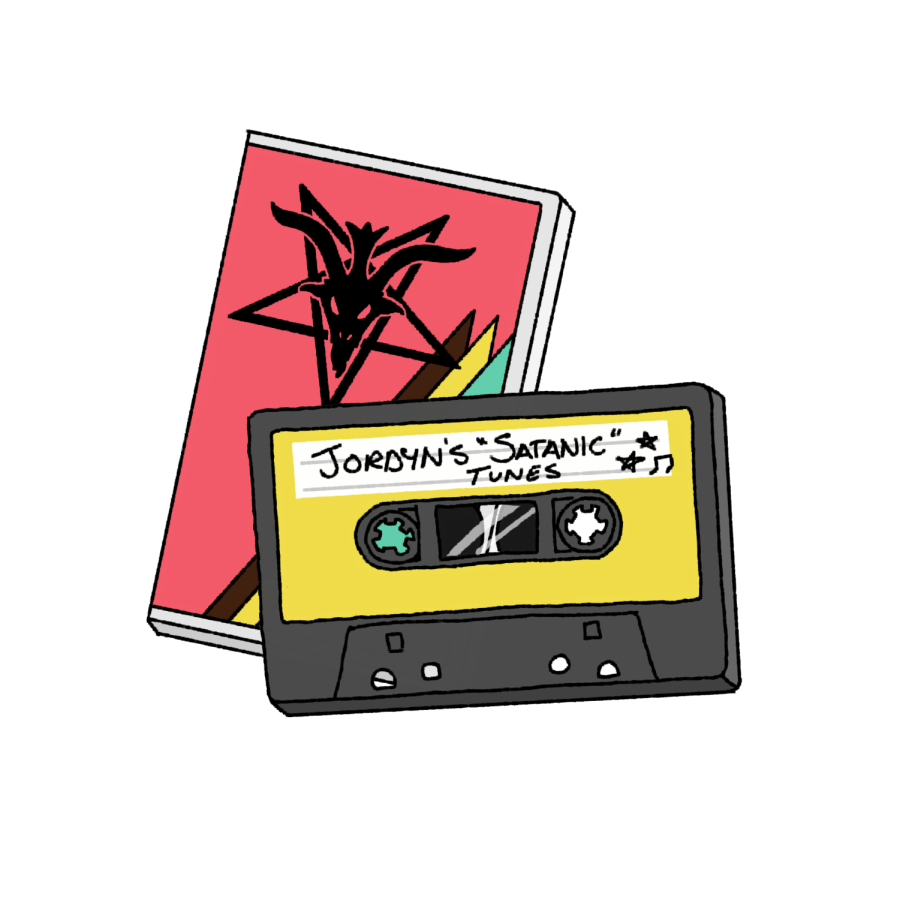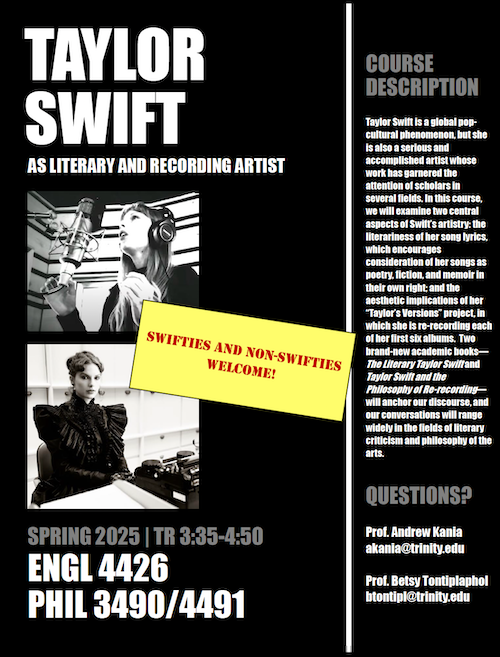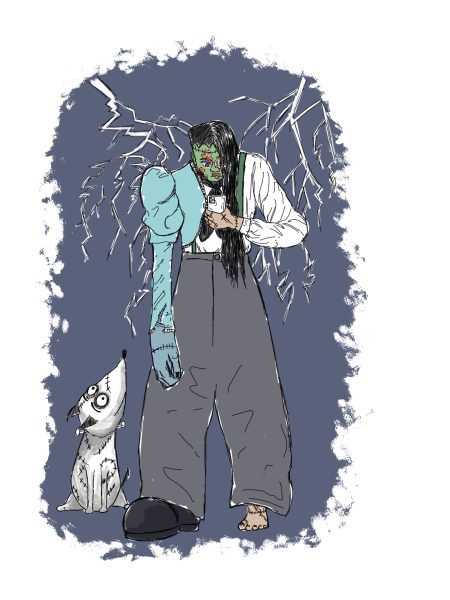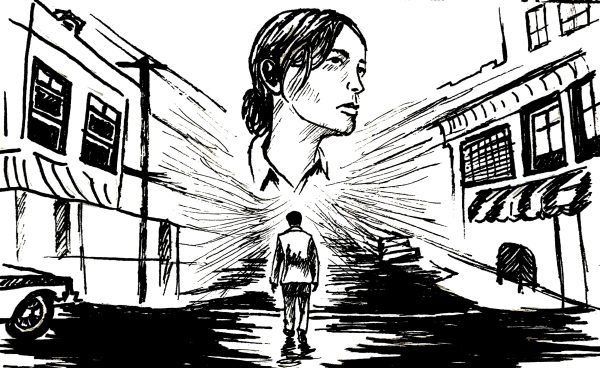It’s time to stop using the word “Satanic” to describe music
It’s no secret to anyone that I was an emo kid when I was younger. Hot Topic was my second home, and taking off all of my black, silicone wristbands before PE in seventh grade was nothing less than frustrating. That being said, this, paired with the fact that I was raised on classic rock, has resulted into the music I love today. In short: Marilyn Marilyn Manson mixed with Fall Out Boy, a hint of David Bowie, and an expanse of questionable metalcore bands are mainly what my Spotify playlists consist of. Depending on who you ask, these Spotify playlists could be “the work of the devil.”
Though I love my music taste as much as anyone loves their own, a lot of people do not like my choice in music. In all reality, it doesn’t bother me one bit. Different things appeal to different people, after all, and if that means hearing someone scream into a microphone isn’t your thing, then that’s cool. I can respect that. However, the one thing that does irk me and cause sighs of irritation is the discounting of music because it is deemed as “satanic” by popular religions.
I have always been curious about different religions. So, naturally, when I learned about modern day Satanism and how it has positively influenced society under The Satanic Temple, I was a bit dumbfounded, to say the least. Basically, it is centered around beliefs that are similar to Atheism, but they view Satan (who is visualized as Baphomet, a pretty cool goat-headed being with angel wings) as a symbol of liberty, self-governance, and as an adversary to institutionalized concepts of religion and society as a whole. But, let me reiterate, they do not believe in the existence of an afterlife, a god or any kind of ruler of the underworld. Not surprisingly, this translates to absolutely no stereotypical sacrificial rituals or worshipping of the Devil, as this would go against the entire premise of Satanism. They view the concept of Satan objectively; he is a free-thinker. Also, The Satanic Temple fight for separation of church and state, LGBTQ+ rights, and they advocate for abortion rights. Frankly put: I am a big fan of that concept.
This is why I have an issue with the labeling of music as satanic as some sort of insult or as an attempt to undermine the quality or merit of the art. Though in modern days there are only occasional flourishes of “Satanic Panics” in the music scene, there was a time where huge numbers of people were genuinely scared of rock music and felt that kids should be protected from it at all costs. Concepts of sin, the occult, and alternative lifestyles were thrown around as the byproduct of supporting artists like Marilyn Manson, Led Zepplin and Black Sabbath. Though the concept of “theistic Satanism” cannot be discounted in its entirety, nor can the idea of some rock singers engaging in theistic forms of Satanism or Luciferianism, there has been little to no evidence of an organized resurgence of it. The entirety of the moral panics were based on fear-mongering and blame shifting. Because of this, secular Satanism was an easy target considering how small it was, and still is, compared to more mainstream religions.
Rock music was picked apart by religious conspiracists who claimed that if you played a song backwards or rearranged the lyrics, you could find a “Satanic” message. Artists such as Def Leppard, Queen and even The Beatles were thrown under scrutiny for alleged subliminal messaging that would somehow get every listener involved with the occult or cause the angsty youths of the time to be in league with the devil. Concerts were canceled or banned by state governments, stores refused to sell albums because of expletive lyrics or the album art, and far-right protesters did anything they could in order to fulfill their own bigoted and individualistic beliefs even if it was to be done at the expense of an entire subculture.
This brings me to my main point: people fear what they think they know about the unknown. Plus, to the dismay of the narrow-minded, modern day Satanism does not fit the context that it is assumed to be in by the majority of people. So how can the issue of undermining Satanism and rock music be fixed? Education is one of the largest factors. This is because, when one manages to shove past their biases, there are lots of cool things to discover — to my secular friends, you may identify with Satanism without even realizing it. At a more basic level, simply acknowledging the fact that there is more than one religion that exists in the world and that, shockingly, they may not believe in the same thing or worship the same deities helps put bigotry into perspective. Differences don’t equal evil.
Or, if all else fails and someone just can’t find the willingness or motivation to educate themselves, they could at least find a new insult. “Satanic” is getting boring.







